1120 Hrs GMT
London
Monday
06 September 2010
Editor © Muhammad Haque
BHANGEELAAR! has taken the following texts from the blog of Chris Lovell who is a Leeds Lib Dem activist, opposing directly elected mayor system:
Monday, 6 September 2010
Labour's Tower Hamlets Mayoral selection and party selections in general
Andrew Gilligan has an extremely worrying piece in the Telegraph about the Labour Mayoral selection process in Tower Hamlets. Labour are expected to win the mayoral election so their selection procedure becomes almost more important than the actual election (much like primary elections in strong Democrat or Republican seats in the US).Lutfur Rahman, the gentleman talked about in the article, yesterday won the Labour nomination to be mayor. Now I can't really add much to Gilligan's allegations of links to extremist Islam so I won't try but it is fascinating the way that Gilligan dissects how he signed up phantom voters to the Labour Party in order to stuff the selection ballot box.
To anyone who has been involved in politics in a big city in the UK I doubt that these revelations will come as a huge surprise. In Leeds both Labour and the Lib Dems have had similar issues with selections over the past few years. In certain parts of the city there have been huge surges in party membership just before selections so that candidates can get as many of their supporters to vote for them as possible. In some cases in Leeds sitting councillors in high standing have lost their seats at the selection stage because of this practice.
The Lib Dems in Leeds have taken a number of steps to try and prevent this happening. Postal votes have been removed from most selection processes (members who can't make it to the meeting can meet with the returning officer at an agreed time to cast their vote in person), a 12 month waiting limit has been introduced (this means a member must have renewed their party membership at least once before they can vote in internal selections) and in some cases members in the whole constituency can vote for a candidate in a particular ward within it.
One of the main arguments against the mayoral system is the huge amount of power that it places in the hands of one individual. This also changes the nature of campaigning to a more American style system. Instead of the party machine being in charge of the campaign after the selection stage, a candidate will often keep their own selection team in place and override party control. Because of the low level of participation within political parties in the UK compared to the US this becomes dangerous. In order to take almost complete control of a Council with a budget of £1 billion all an individual has to do is gain the votes of a few hundred people within the Labour Party. This is dangerous and anti-democratic.
So what are the solutions? Maybe we should be far more open about having an American system and allow voters to register their party allegiance on the electoral register in order to facilitate open primaries with far larger electorates making them much harder to fix. My personal preference is to abandon the mayoral system altogether. To take Leeds as an example, it is far harder to fix the selections of 50 councillors and then win those 50 council seats at an election (50 being the number needed to win a majority on the council) than it is to fix one selection. Assuming an individual does manage to do this and install themselves as Leader of the council they would still have far less power and control than an elected mayor.
It is interesting that many of these cases seem to happen within the Labour Party. Militant during the 1980s being the obvious example but also the Socialist Action group often linked to Ken Livingstone.














![Kay Jordan marched in Hanbury Street, Princelet street on 17 January 2006 [pictured below]](https://blogger.googleusercontent.com/img/b/R29vZ2xl/AVvXsEjmFpkcZgAW1eZKWId6O-xApvo7_zu4rL0QLz_ByB_FHaKbyUkAFfaPT1RdxXqjX-YVvveRu2zdPyr0pXqiFK-0SAjQd5vyTwGgGDnyU600Gk-gu-MueRhRIg_UhFT66fo8gzCl2tM4BX-8/s760/KHOODEELAAR%2521+No+to+Crossrail+Hole%252C+Demo+in+Hanbury%252C+Spelman%252C+Princelet+Streets+and+Brick+Lane+London+E1+17+January+2006.jpeg)
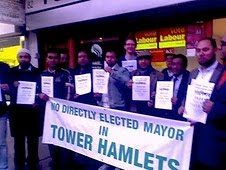
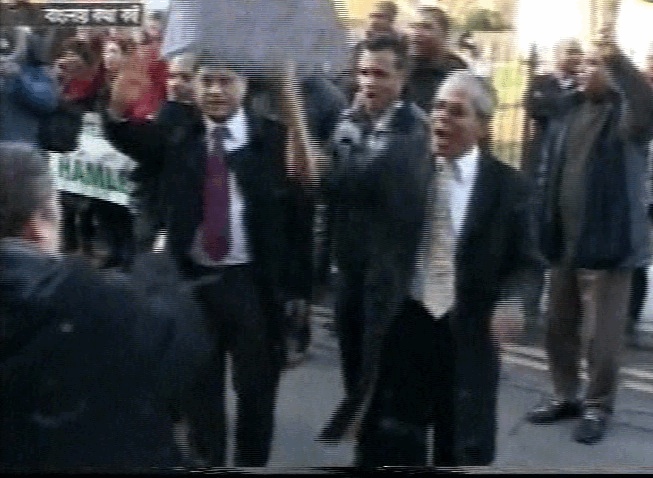



















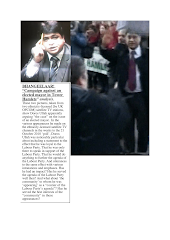








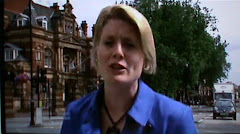


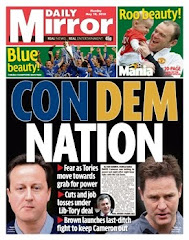

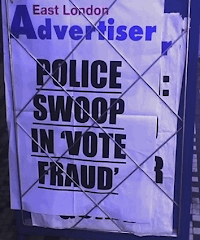
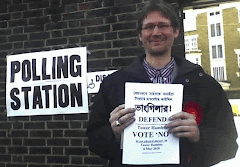
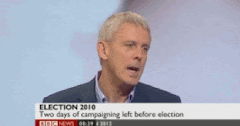






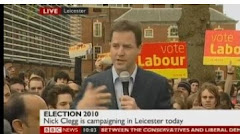



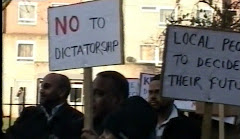


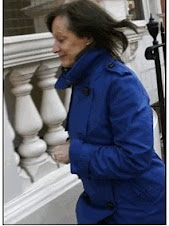
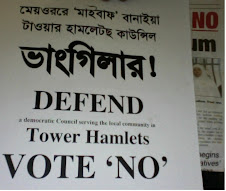
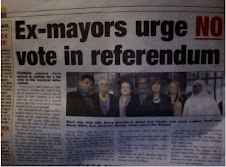

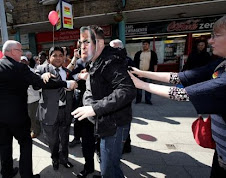

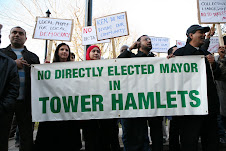



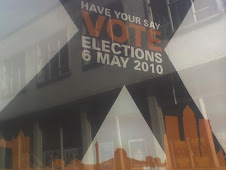
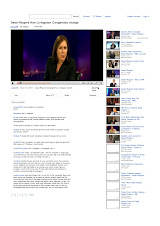
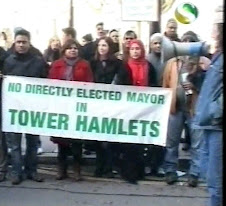
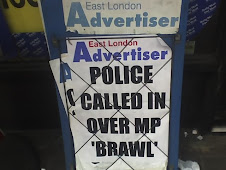
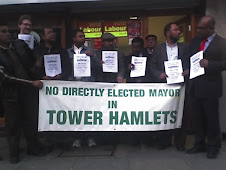

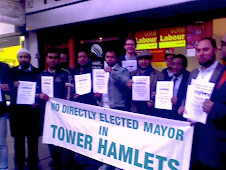
No comments:
Post a Comment